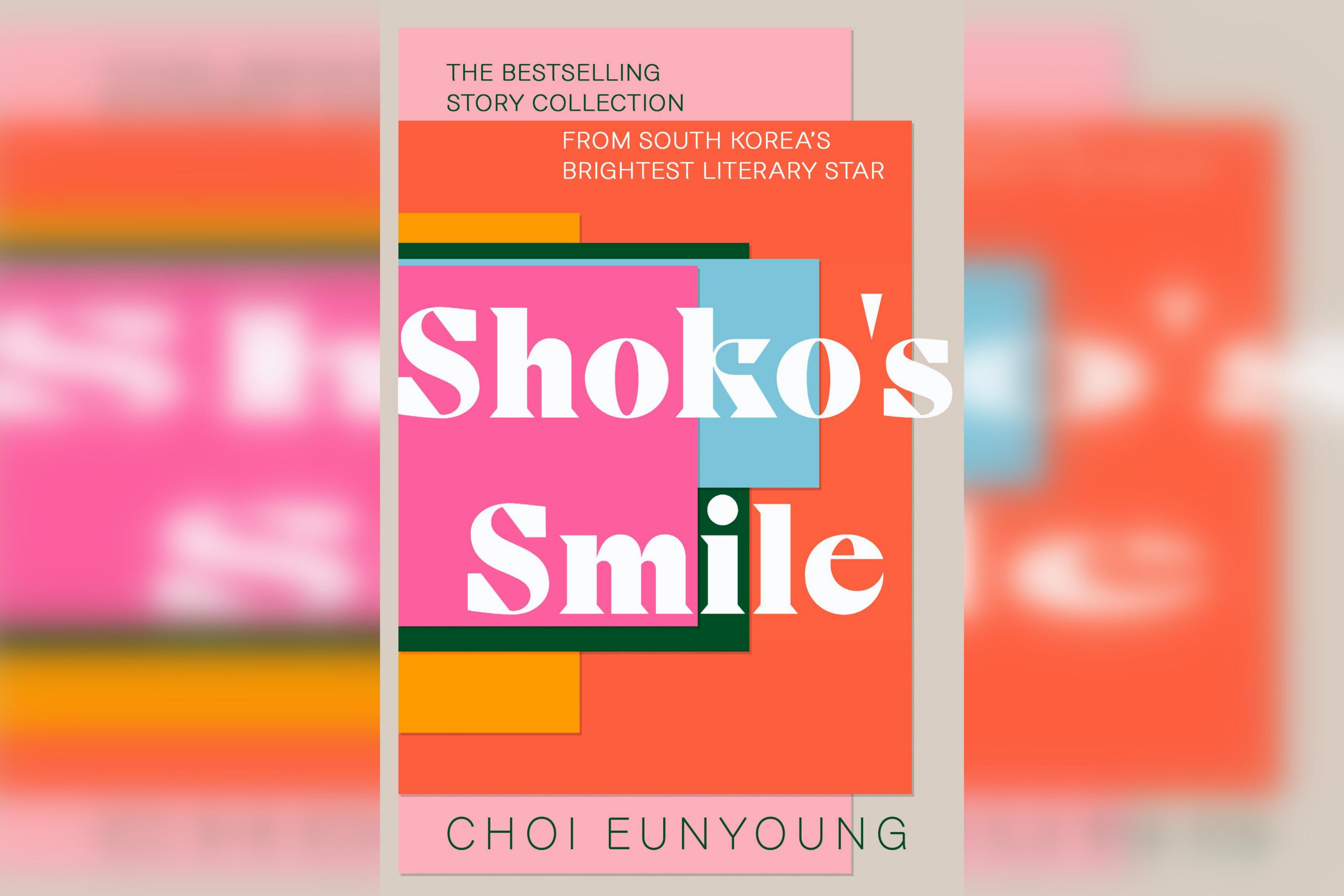Book review: Shoko's Smile tells poignant stories of South Korean women
Sign up now: Get ST's newsletters delivered to your inbox

This debut short-story anthology ponders the complexities of human relationships from the perspectives of everyday South Korean women grappling with love, heartache, estrangement and loss.
PHOTO: JOHN MURRAY PUBLISHERS
Shoko's Smile
By Choi Eun-young, translated by Sung Ryu
Fiction/John Murray/Paperback/261 pages/$22.42/Available here
4 out of 5
Fiction/John Murray/Paperback/261 pages/$22.42/Available here
4 out of 5
Friends and family who are close can end up growing inexorably apart - perhaps due to a petty fight, an irreconcilable quarrel or even for no apparent reason at all except a decay over time.
This debut short-story anthology ponders the complexities of human relationships from the perspectives of everyday South Korean women grappling with love, heartache, estrangement and loss.
South Korean author Choi Eun-young's restrained yet evocative prose, rendered into English by Singapore-based translator Sung Ryu, offers a poignant look at the void left behind by loss and the people one continues to think about long after they leave.
A brooding melancholy is present in all seven stories. There is the well-meaning lie that eats away at a family; and the tight-chested feeling of wanting to repair a broken relationship, but not knowing how to break the ice.
In the titular Shoko's Smile, Choi's breakthrough story that has won several accolades, Japanese high-school student Shoko visits a rural Korean town on an exchange programme and forms a bond with her host family's daughter, Soyu.
They become pen-pals, with Shoko inspiring Soyu to dream of bigger things. But neither manages to achieve her goals and they grow apart, unable to bear the shame of admitting their failures to each other.
Some stories are pointedly political and show how some relationships can break down due to events far beyond one's control.
In Sister, My Little Soonae, a family falls apart when a husband is charged with spying for North Korea - an allusion to the 1975 Inhyukdang Incident, when innocent citizens were executed in a politically motivated trial.
In Xin Chao, Xin Chao, a Korean family in 1990s Germany becomes fast friends with a Vietnamese expatriate family. But they fall out over a brusque remark that downplays South Korea's alleged complicity in the Vietnam War.
The final two stories - Michaela and The Secret - revolve around the heartbreaking 2014 Sewol ferry sinking that killed 304 passengers, many of whom were high-school students and their young teachers.
Choi's writing sometimes comes across as one-note. Characters in different stories seem to be cast from the same psychological mould despite their differences in age or background.
Yet, she offers hauntingly raw insights into the tug-and-pull of human dynamics and relationships past their expiry date. She writes: "Some people break up after a big fight, but there are also people who drift incrementally apart until they can't face each other anymore."
The regret that comes with a lack of closure can be devastating.
If you like this, read: Picnic In The Storm by Yukiko Motoya, translated by Asa Yoneda (Little, Brown Book Group, 2019, $18.95, available here). In 11 surreal tales, Motoya finds the whimsical in the everyday through her female protagonists' struggles with issues such as loneliness and the loss of spark in a relationship.
This article contains affiliate links. If you buy through these links, we may earn a small commission.


